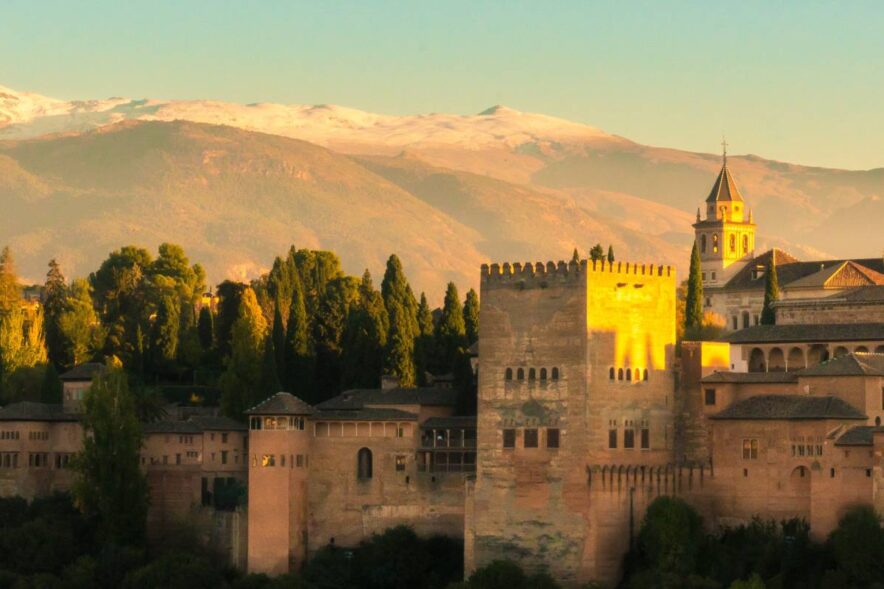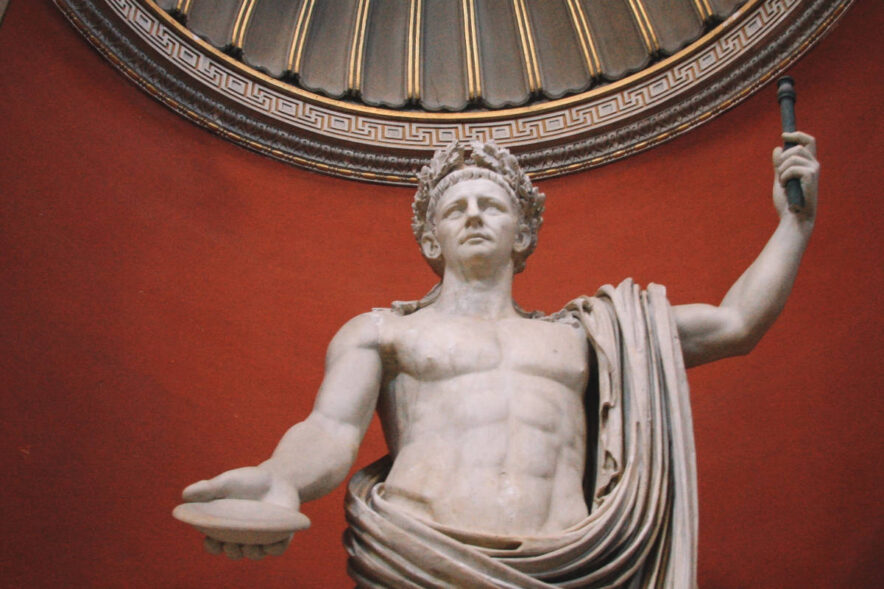(Not a reader? Take a listen instead ⇓) The sovereignty and rule of God has always existed and will...
Tag: allegiance
Showed 1 to 5 posts out of 5 total under "Tag: allegiance" category.
(Not a reader? Take a listen instead ⇓) Christianity in the first century was a spiritual explosion, fueled...
(Not a reader? Take a listen instead ⇓) What’s beneath the skin of our collective Christian identity? Has Christianity...
The last six months have been an unsettling and disruptive time for millions of people around the globe. The...







